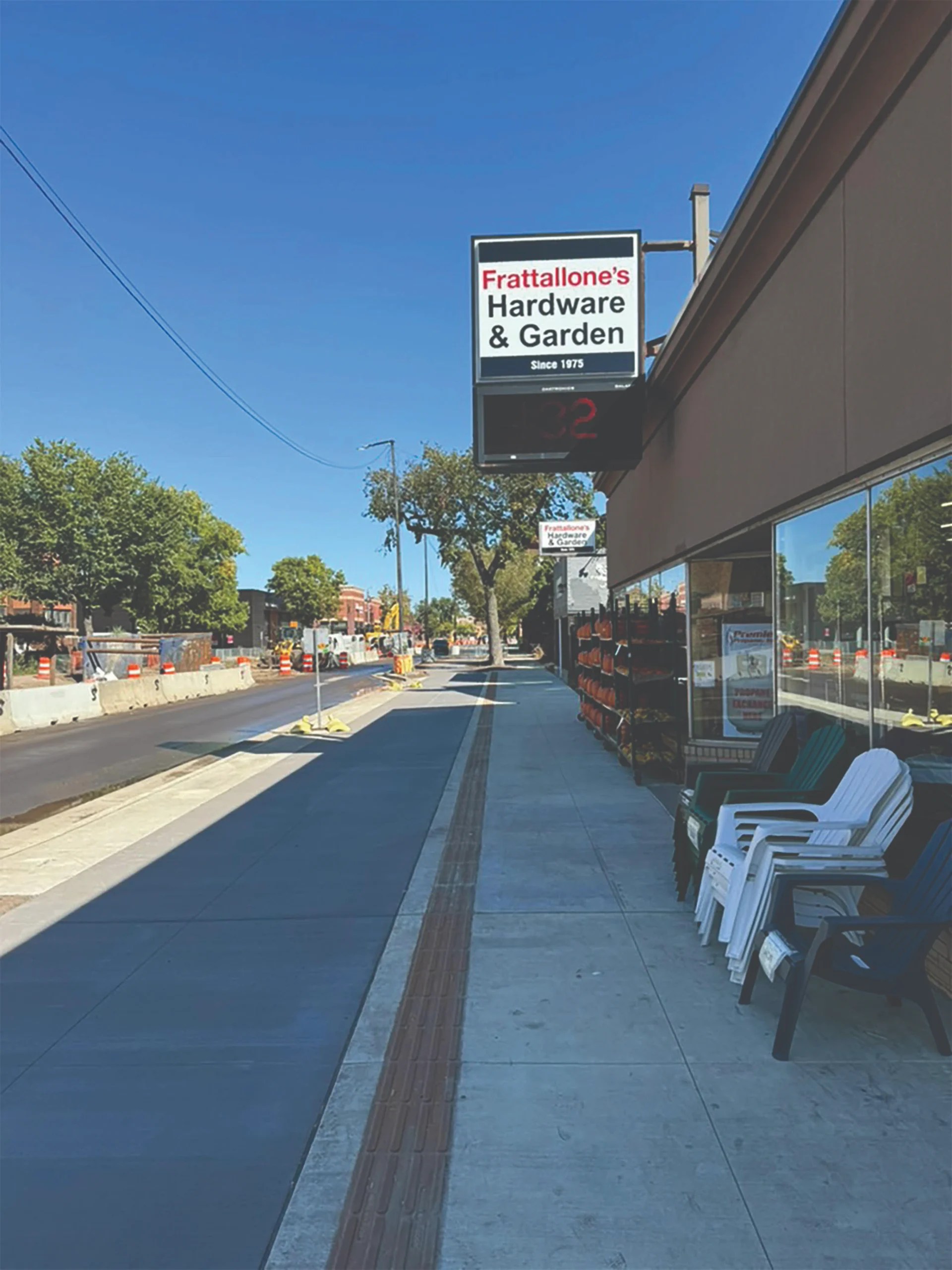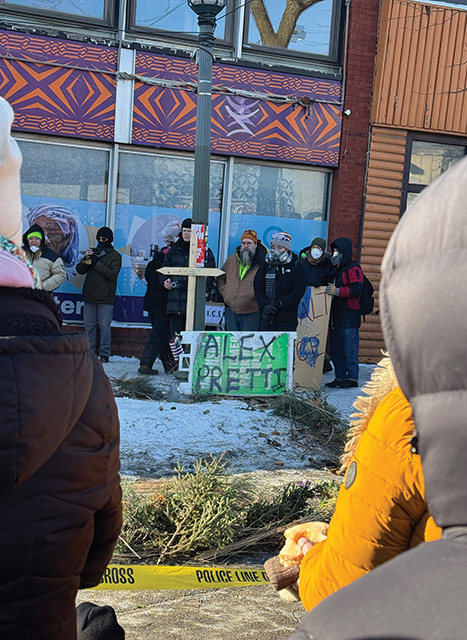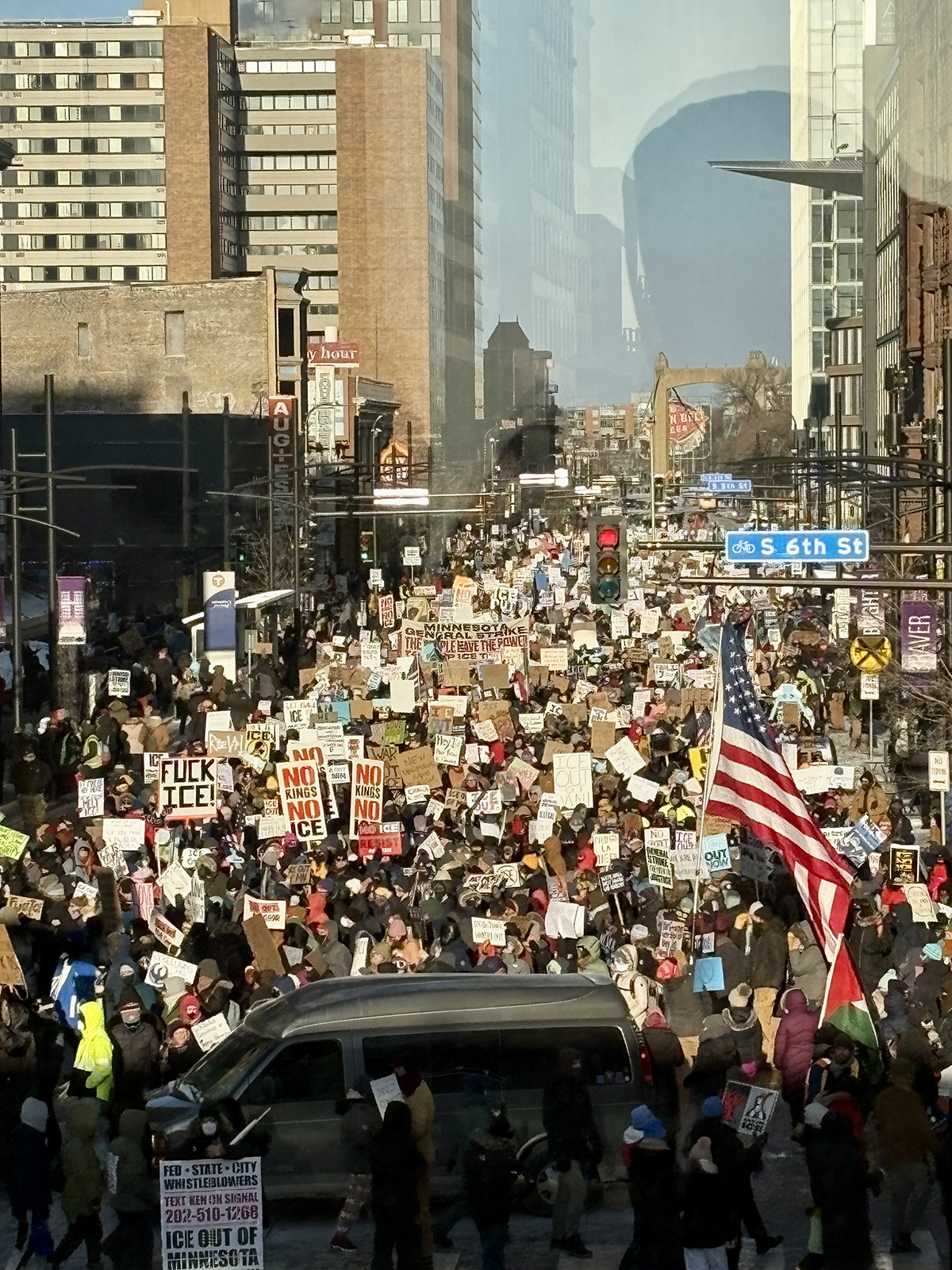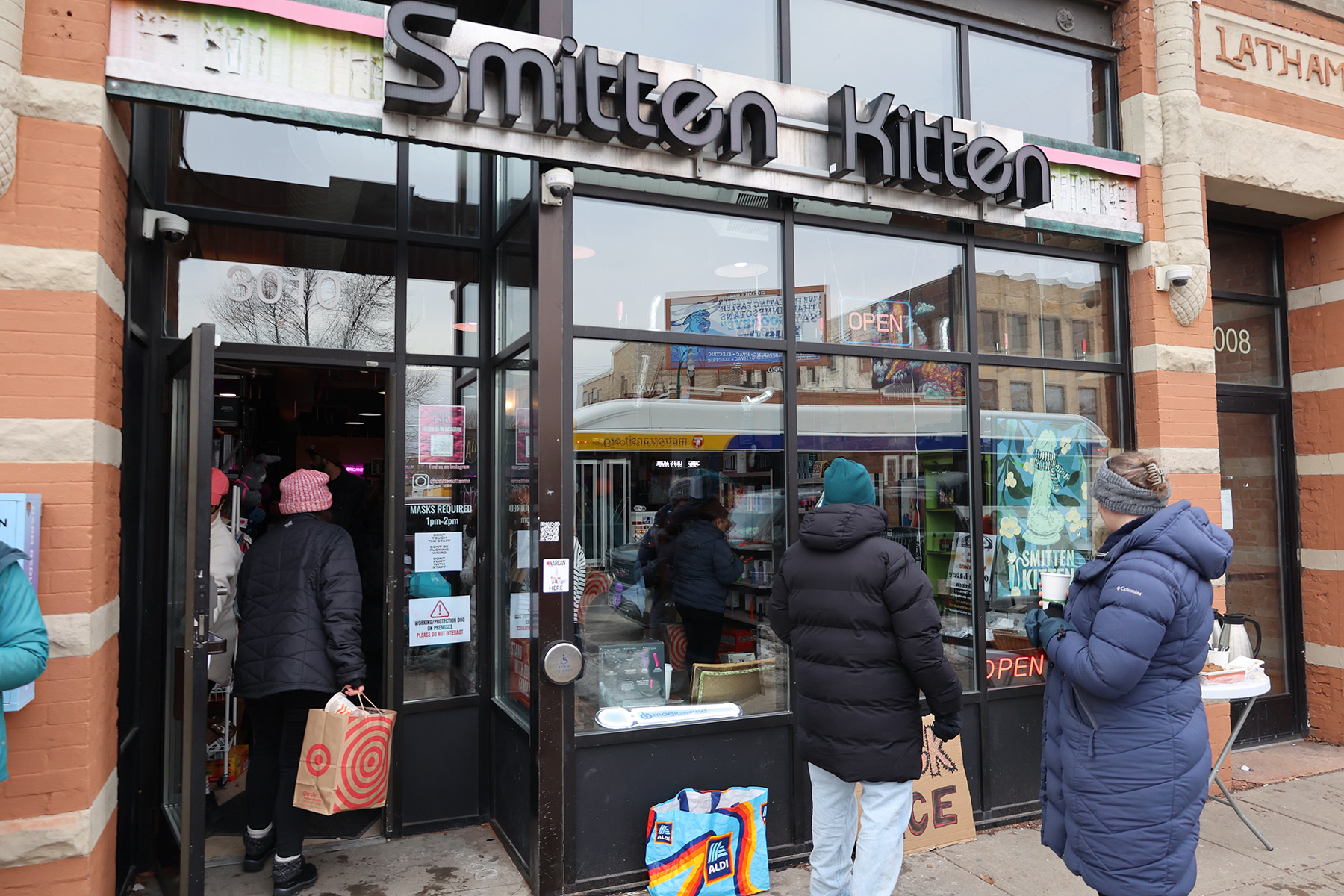In the December issue I wrote about post-election gloom and my decision to focus on local issues, including the proliferation of bike lanes.
In a pleasantly civil letter to the editor, Jennifer Barnes of East Isles chided the Hill & Lake Press for focusing so narrowly on the issue of parking and jabbed me specifically for reacting to “the post-election civic landscape by concluding that the best response is to redouble my efforts against local bike lanes, but maybe that's just me . . .”
I took the jab to heart.
I know that cars are carbon bombs, so why am I opposed to something that promotes an alternative? While others wrote lists to Santa, I wrote a list of my answers.
Because bike lanes work well in some parts of the city for the 4% of riders who use them, but they are overbuilt, often empty, and in some cases detrimental to the neighborhood businesses that are the lifeblood of our economy and the sustenance of community.
Because bikes are an unrealistic transportation alternative, especially in a cold city that lacks the density of New York and the cultural sensibility of Amsterdam.
They cater to the healthy few (mostly white and male) while inconveniencing everyone else, especially the old, the disabled and those requiring cars to haul kids to appointments, or trucks to haul tools to jobs. We can get rid of carbon without getting rid of the car.
Because they harm businesses and do bupkis to reduce carbon. Anna Koenning wrote in Southwest Voices about Tom Thomson, owner of Guse Hardware on 46th Street. and Bryant Avenue South.
Thomson saw his business plummet 30% during the conversion of Bryant Avenue into a “bike highway” that narrowed the street, took away parking and prohibited turns onto larger trucks, could no longer access the store. His business is now closed.
“If people can’t access these local shops for stuff like this, it’s defeating their [bike lanes] alleged purpose of people not driving so much,” Tom said. “Better that they drive . . . 10 blocks to get here than 10 miles to go to Home Depot, plus the money stays in the city. Home Depot’s money goes to Atlanta.”
Because using data to back your belief that removing parking boosts businesses, as the authors referenced by Ms. Barnes do, despite the experience of owners and customers who see them failing, doesn’t create believers, it creates distrust.
Data can be found to support almost any belief.
As reported by David Feehan in the Minneapolis Times, a recent study conducted in Fort Collins, Colorado, found that a single parking space was estimated as being worth more than $300,000 in annual sales to the block. Loss of even a single on-street parking space can be devastating to a small business.
Because building redundant bike lanes adds to the sense that the far-left members of the City Council cater to the ideological desires of the few over the needs of the many and are oblivious if not hostile to the business community. The recent budget process reinforced that sense, with some Council members doling out millions of dollars to nonprofits and unproven pet projects in their own wards, while chiseling away at funding for citywide services, including the Minneapolis Police Department.
Because building more bike lanes, some just blocks apart, or running parallel to the beautiful Greenway, now beset with crime, is emblematic of the tone-deaf actions of our Democratic Socialists of America-led City Council.
As David Schultz writes in the Minneapolis Times, “What happens at the local level has a far greater impact on our lives than what happens in Washington, D.C. What the 2024 election was about was that people wanted the basics.
“They wanted to feel safe and secure. They wanted a decent quality of life for their children in schools that delivered for them. What we saw across the country, regardless of race and class, was that people wanted better government, a government that addressed their basic needs.”
I don’t see how building more unused bike lanes addresses the basic needs of most city residents, but maybe that’s just me.
My New Year’s resolution is to stop kvetching about bike lanes and to start harping about caucuses. They’re a lousy way to select candidates, but if you don’t show up at your caucus on April 8, 2025, you won’t have much of a choice when you vote in the fall.






